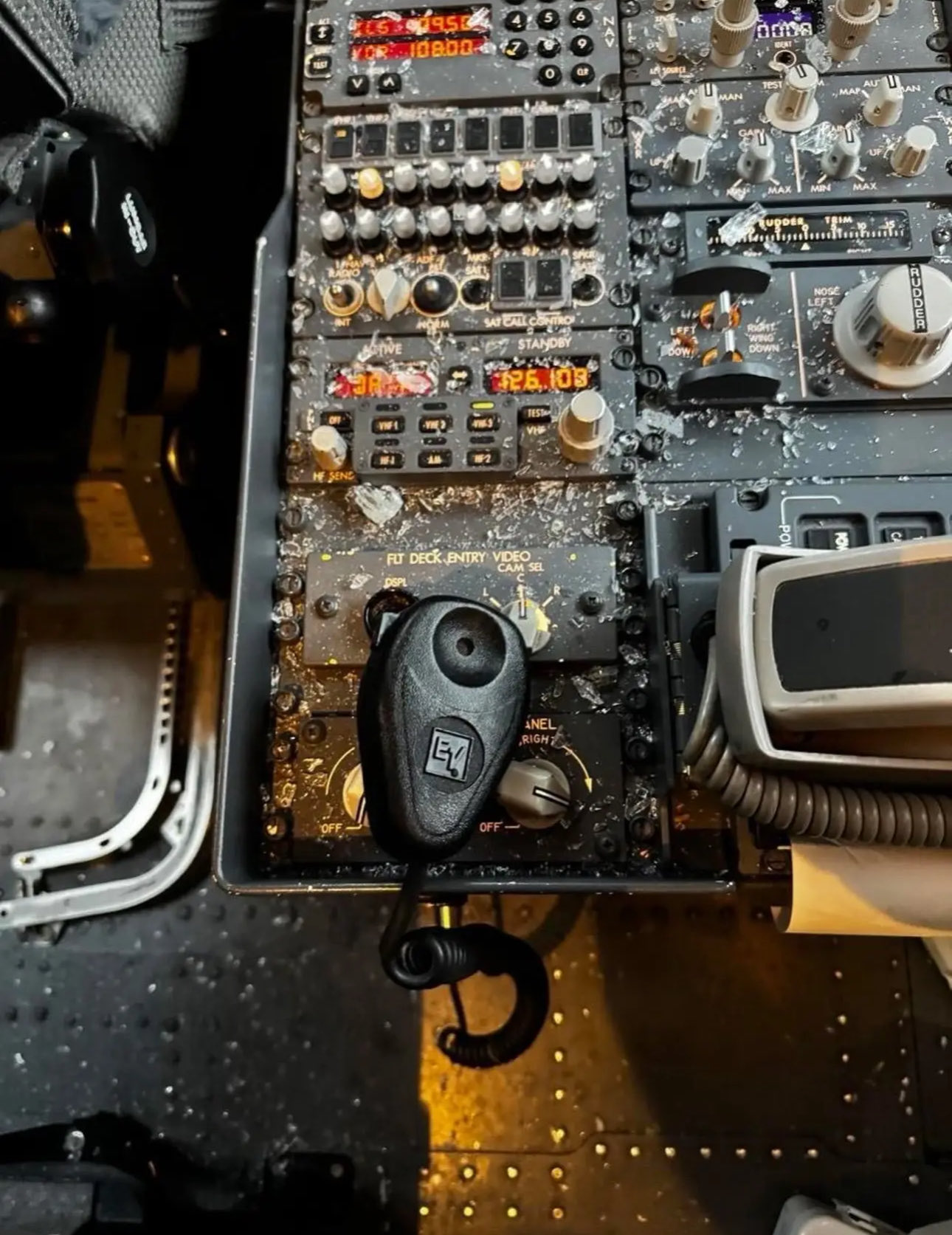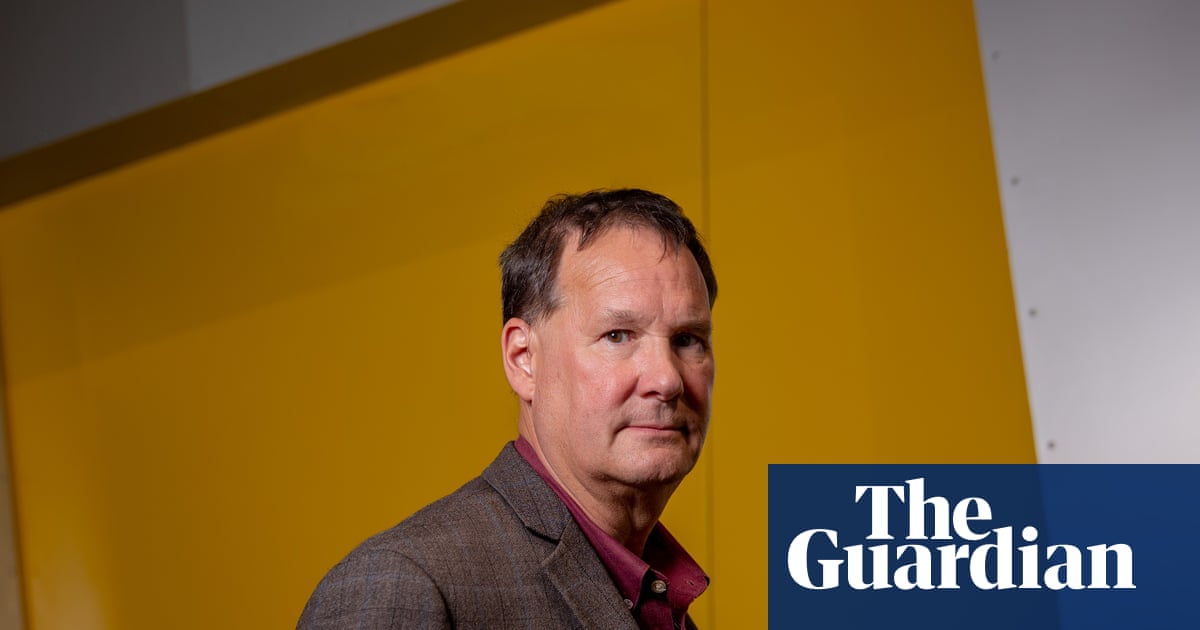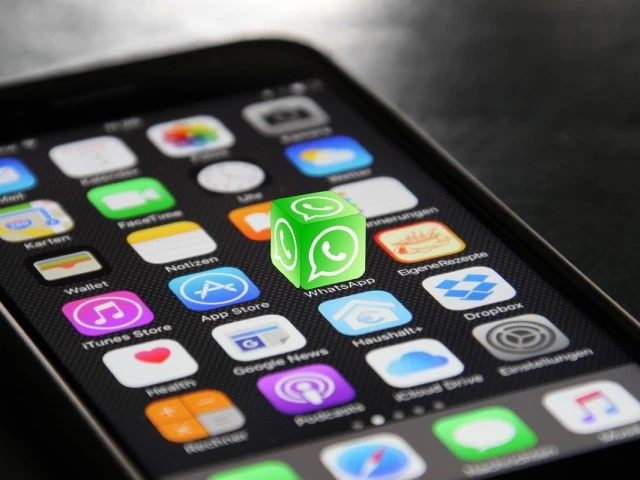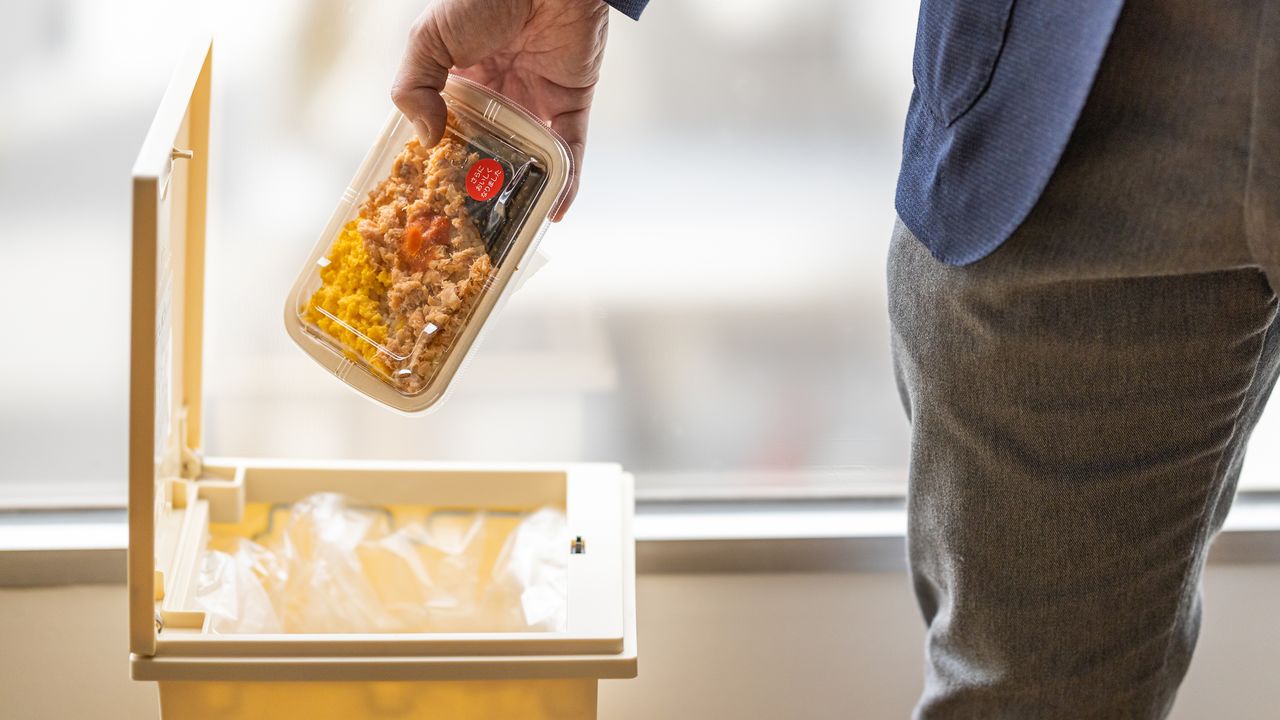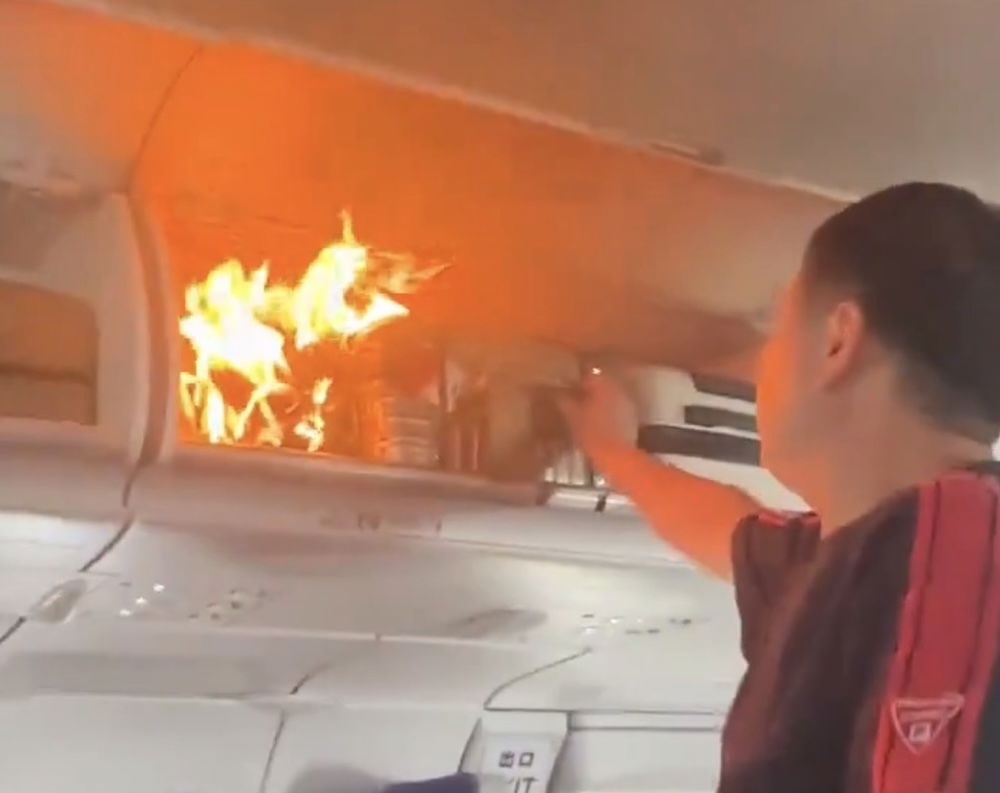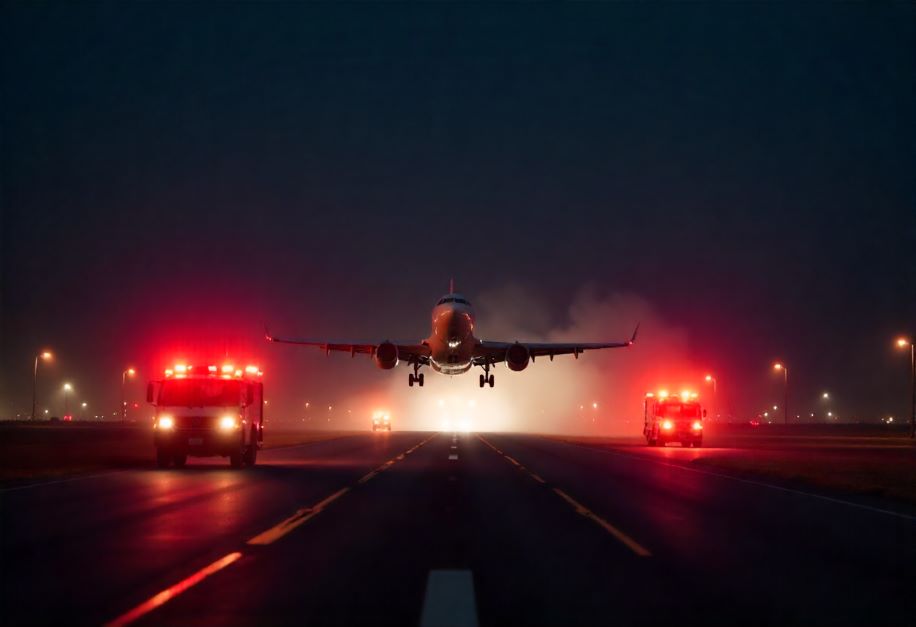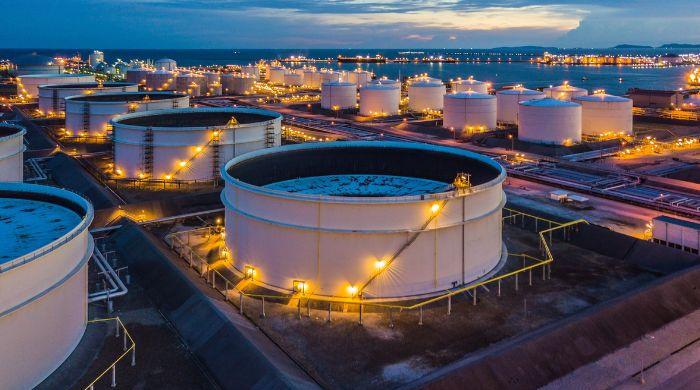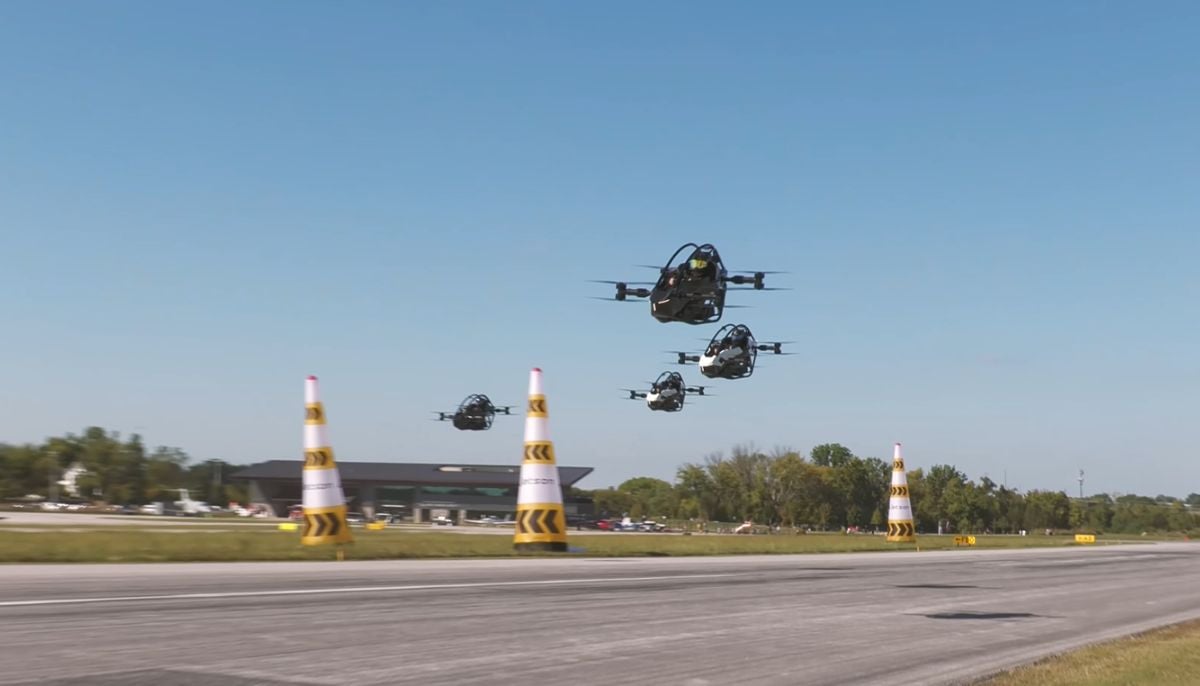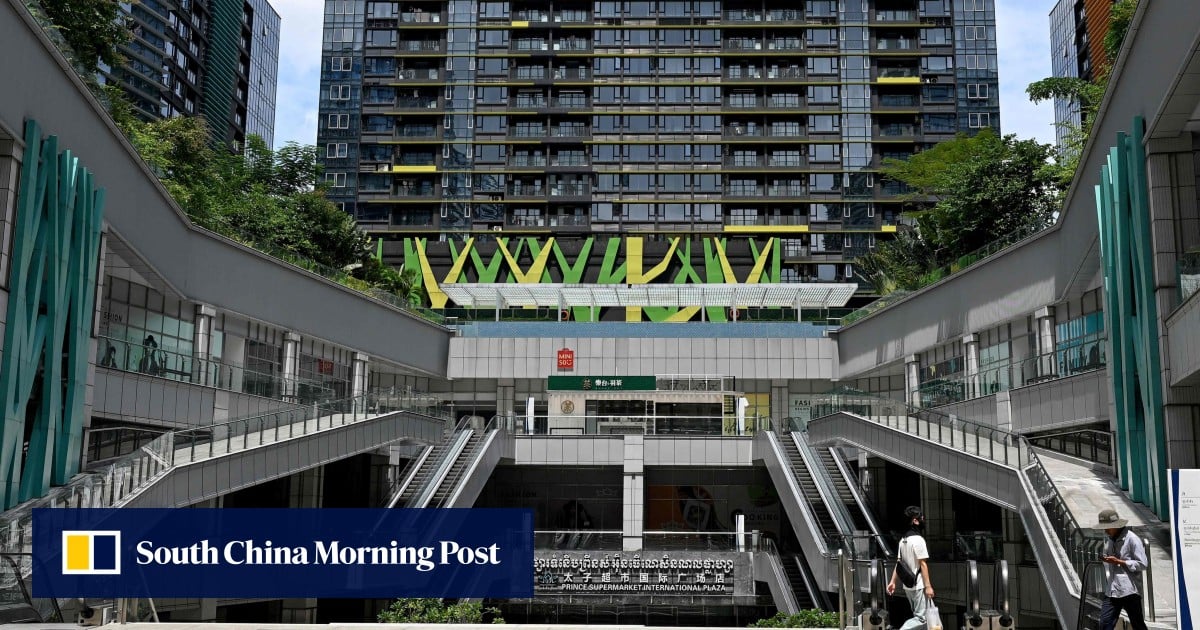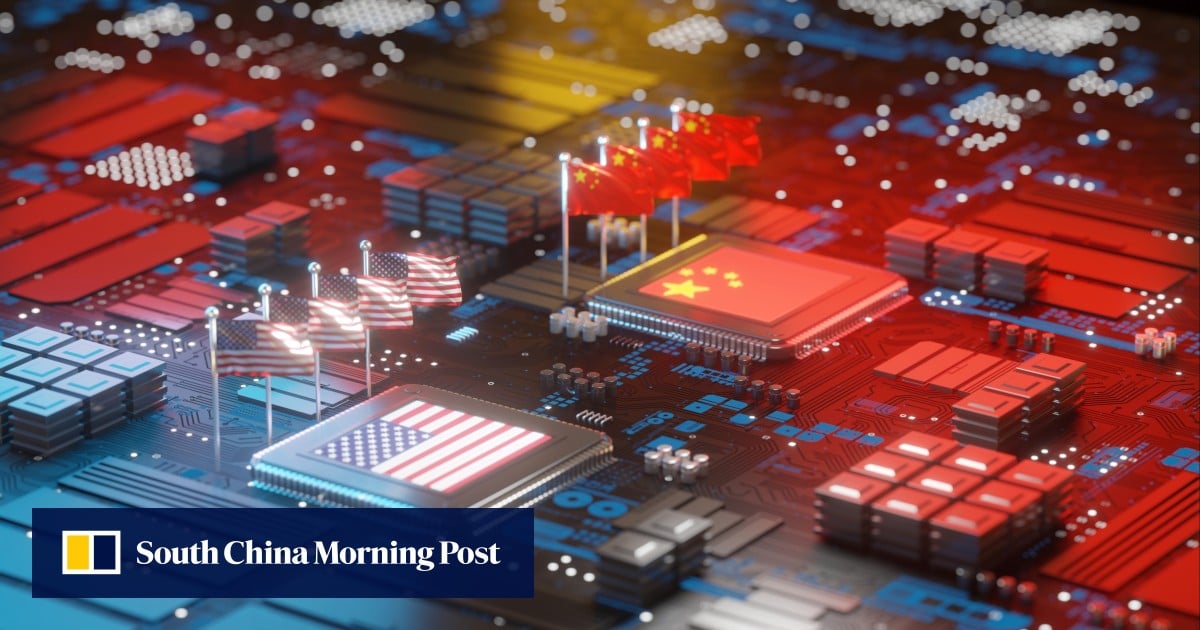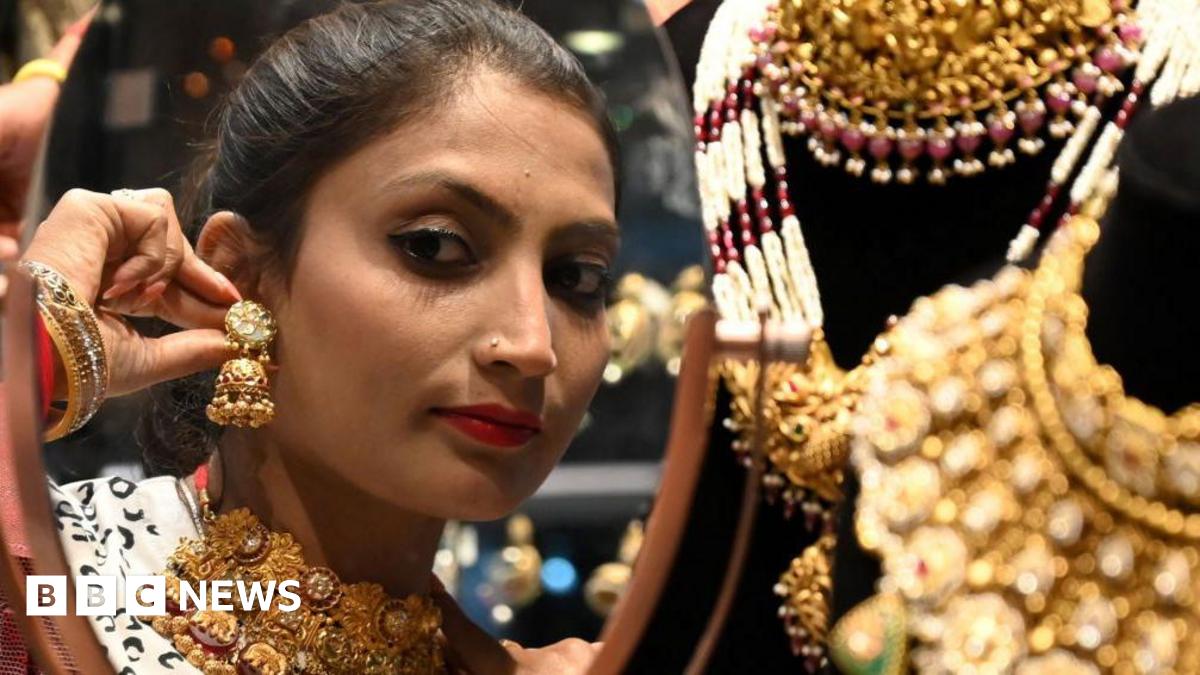AI Generated Newscast About China's Revolutionary 'Reverse Uber' Service Shocking the World!
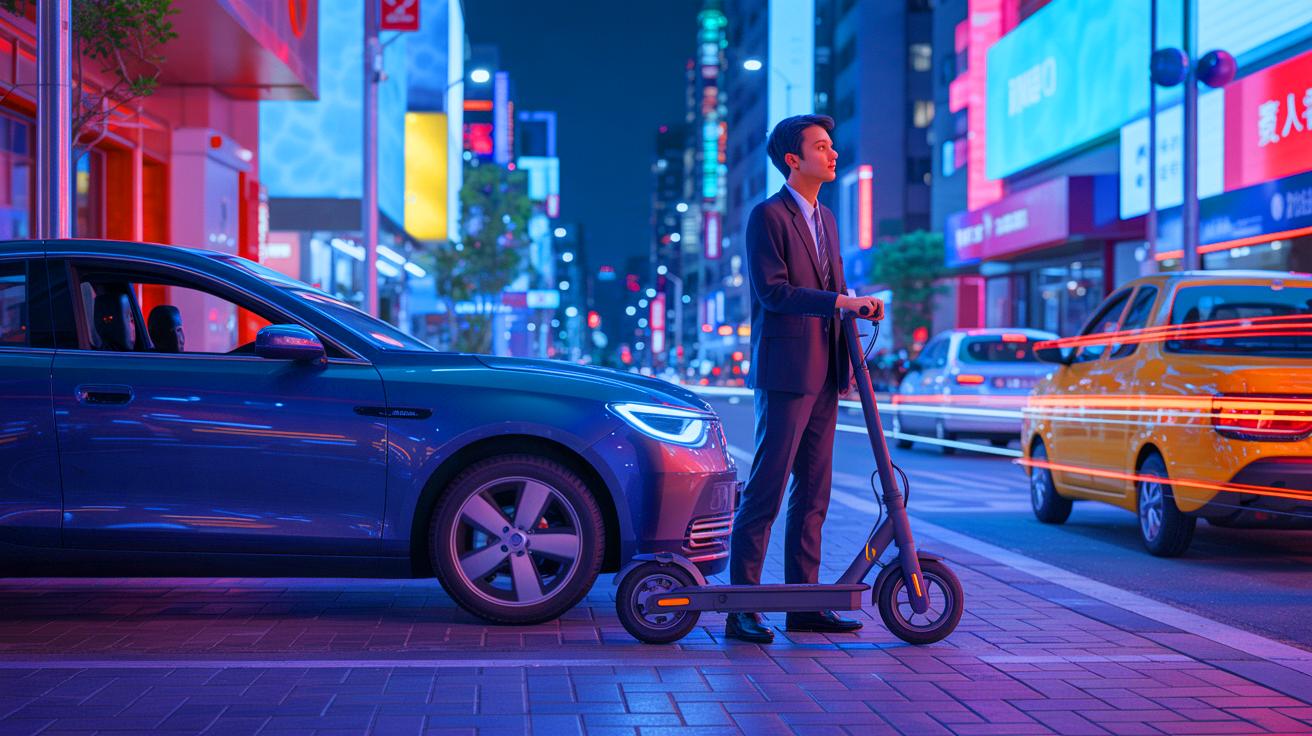
In a world where drinking and driving still pose a serious threat, a groundbreaking solution has emerged from China that could change everything. Imagine being able to enjoy a night out with friends, raising your glasses without a care in the world about how to get home. Well, this isn't just a dream! China’s innovative “reverse Uber” service is redefining safe transportation with its unique approach to designated driving.
This ingenious service combines cultural norms surrounding social drinking with strict anti-drunk driving laws, allowing individuals to enjoy their evenings out without endangering themselves or others. By offering a mobile application that connects users with designated drivers, patrons can have their own cars safely driven home after a night of fun. It’s a perfect marriage of modern technology and a deep understanding of social customs!
The concept of the “reverse Uber” flips traditional ride-sharing on its head. Instead of summoning a car to take you home, users request a driver who arrives on a folding electric scooter. Once the driver reaches the patron’s location, they neatly fold up their scooter and store it in the trunk of the client’s vehicle. This way, they can drive the patron home safely and retrieve their scooter afterward, ready for the next assignment. This innovative model thrives on the increasing popularity of compact e-scooters and bicycles in cities across China.
The success of this unique service isn’t a mere coincidence; it stems from a fascinating collision of cultural traditions and stringent legal frameworks. In Chinese society, drinking, especially in business environments, is often ritualistic and essential for building rapport. Turning down a drink can be seen as a major social faux pas and could jeopardize relationships. However, since the implementation of strict drunk driving laws in 2011, with severe penalties for offenders, the nation has faced a pressing dilemma: how to maintain social drinking customs while ensuring safety on the roads.
According to Li Jiangping from the Ministry of Public Security, “Most people have chosen to use designated driver services after drinking, with annual orders averaging a remarkable 200 million.” This staggering statistic showcases the impact the service has had on road safety in China.
The battle for dominance in the designated driver market, known as “Daijia,” illustrates the fierce competition among tech giants in China. eDaijia was the pioneer of this service, capturing a significant market share, but the entrance of Didi Chuxing in 2015 revolutionized the landscape. By seamlessly integrating its designated driver feature into its existing ride-hailing app, Didi gained a massive user base overnight, leading to an intense competition characterized by price wars and service enhancements.
The staggering figure of 200 million rides per year is not just an economic success; it represents a monumental public health achievement, preventing countless accidents and tragedies. It’s a testament to how simple yet effective solutions can arise from a blend of cultural understanding and legal requirements.
As the designated driver market continues to gain traction, it raises questions about the future of transportation and safety innovations globally. The success of this service in China could serve as a model for other countries grappling with similar challenges. By embracing technology to comply with cultural and legal demands while promoting public welfare, this service indicates a promising path forward.
Will other nations take note and innovate their own solutions to tackle the global issue of drinking and driving? Only time will tell, but one thing is for certain—the success of designated driving services might just be the key to a safer and smarter future.













